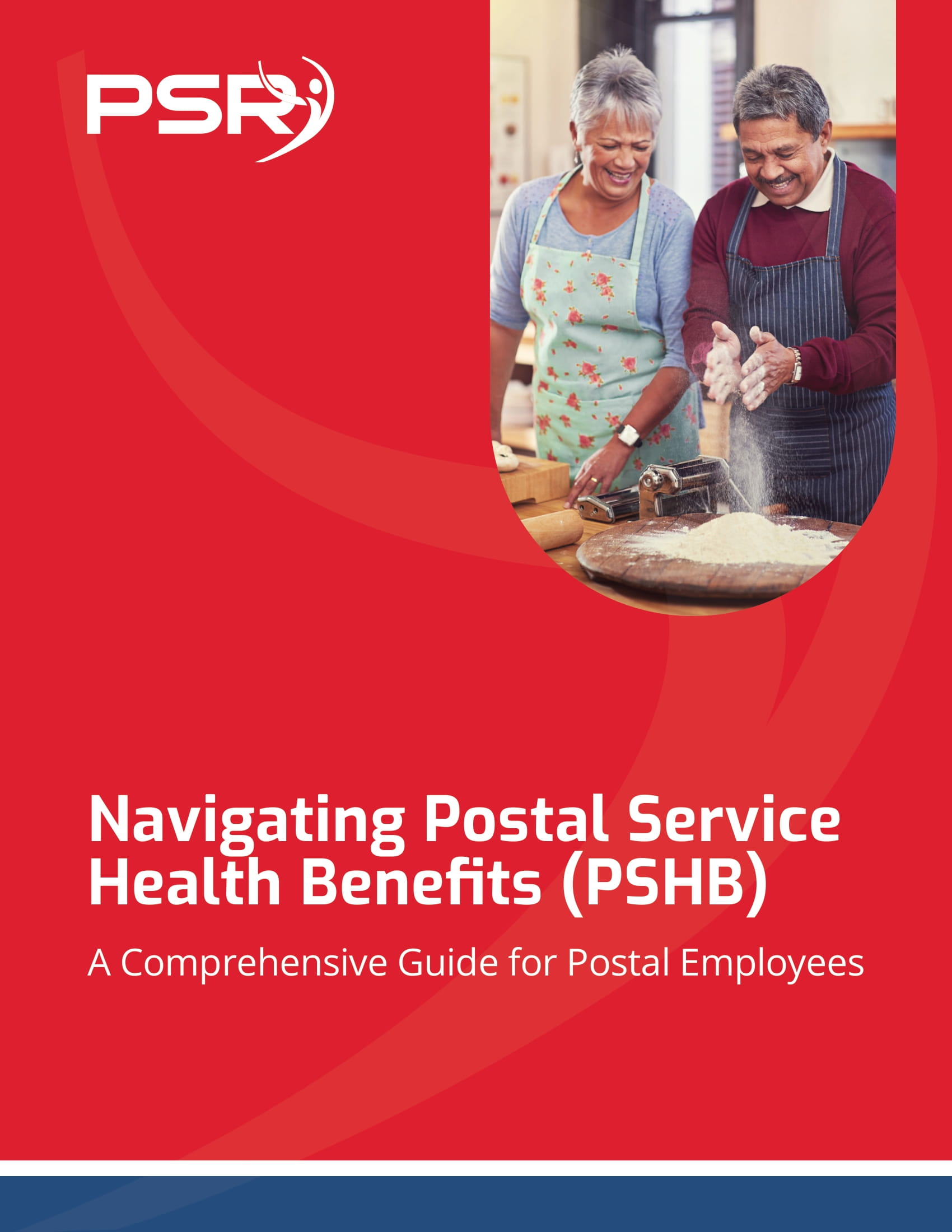For most Americans, retirement may be a bit different in 2021. The economic crisis of the COVID-19 pandemic may force many people to consider early retirement even when they don’t have enough retirement savings.
No matter how secure your retirement plan looks, 2021 is the best time to review your plan so that you can know where you stand. Irrespective of your current financial situation, similar retirement principles apply in 2021: plan for surprises, decide conservatively on Social Security and retirement savings, reduce your expenses, and earn more income, if possible.
Below are the ten tips to help you review your retirement planning in 2021. You may be familiar with some of these tips, and some may appear brand new. These tips become more useful when you start to implement them as soon as possible.
Prepare for early or unplanned retirement
One basic fact is that the majority of workers forcefully retire before they plan to retire. According to a 2019 survey by the Employee Benefit Research Institute (EBRI), approximately 50% of employees retire before their planned retirement age. The pandemic is a primary reason why this percentage may be above 50% in 2021.
Early retirement may be involuntary sometimes, such as seniors who have a higher risk of exposing themselves to the virus or due to layoffs. Regardless of what causes early retirement, it is still earlier than the time many workers planned. This implies that employees in their fifties and sixties should make contingency retirement plans now. Luckily, jobs will be easier to get, and layoffs will be less common once a vaccine is discovered. This will lead to significant economic recovery. Your target retirement age may be far away, but it is useful to build an emergency strategy for unplanned retirement.
Pay off your debt earlier
The best time you can settle your debt is when you are still active in the workforce. Suppose you want to retire within the next few months. In that case, your priority should be how to eliminate those student loans, credit card balances, car loans, and mortgages.
There is an increase in the number of seniors with debts to pay off after their retirement, and this is because it is challenging to pay your debt when you are earning a fixed income. Therefore, you need to strive to pay your debt now if you want to be free of that burden after retirement.
Have a health insurance strategy
Once you’re age 65, you are eligible to enroll in Medicare, and you may be penalized if you don’t enroll on time. Make your plan to sign up for Medicare a few months before your 65th birthday because this will give the coverage enough time to start.
Enrolling for Medicare is the first step of your retirement healthcare strategy. According to Fidelity, most American couples will spend about $300,000 on additional premiums, copays, and other uncovered healthcare expenses during retirement. It would help if you considered this into your retirement plans.
Suppose you are forced to leave your job before you are age 65; you will purchase health insurance on your own until you are age 65 and your Medicare kicks in.
Make maximum contributions into your health savings account (HSA)
Having considerable savings in your health savings account helps you pay for your premiums and other uncovered expenses if you retire early. If you begin your HSA contribution this year, your savings will grow for two to three decades without taxes, and this will give you more emergency funds in the future.
With the health savings account, you can enjoy these three benefits: your contribution will be tax-deductible, your money will grow tax-deferred, and your withdrawal will be free from taxes, supposing you use the funds for qualified medical expenses. HSA is not for everyone because it is attached to high-deductible health insurance plans. However, it is suitable for consumers who are still active, with fewer medical expenses, and for people who often exceed their annual deductibles.
Know your retirement income options
You may consider taking your 401(k) distributions at age 60 or claiming your Social Security at age 62. Which is the best option for you? The majority of people get more money by leaving both for as long as possible. But when you are age 72, you will start making your required minimum distributions. You may be familiar with some guidelines for retirement spending. Still, it is best to consult a financial advisor who will help you make the best long-term plan. You can plan your expenses even before you retire.
A financial expert may recommend that you convert a portion of your retirement savings into Roth accounts during your last working year. During this conversion, you may pay more taxes, but you will make more tax-free withdrawals in the long run. Despite saving in a retirement account, you must maintain your investment strategy. You can also plan your withdrawals with various buckets or time segments using the bucketing strategy.
Implement retirement spending now
A common rule of thumb is that retirees should plan to replace 80% of their retirement earnings. This rule may be useful, but it’s good to develop a strategy around your actual spending needs.
In 2021, you need to track your spending rate to understand your income requirements in your early retirement years clearly. When you know your real spending rate, you can now make the necessary adjustments as needed since you may likely spend less on commuting costs during retirement while spending more on travel. During the pandemic, the savings rate is high, which will help many Americans have enough retirement savings. At the same time, you may not accurately estimate your future spending rate based on your spending in 2021.
Did you take a Coronavirus Hardship Withdrawal?
The CARES Act relaxed the rules for making early withdrawals from tax-advantaged accounts. People affected by the pandemic were allowed to withdraw about $100,000 from various retirement accounts. CARES may waive the early withdrawal penalties, but you will still pay applicable income taxes on your withdrawals. You may decide to pay the tax bill within three years, but it is good to pay the tax bill at once.
Besides, you can repay the money into your retirement accounts within three years. This prevents you from owing taxes, and it gives you more investment returns in the future. If you want to retire in a few years, you need to focus on replenishing your early withdrawals.
Reconsider your post-crisis risk tolerance
Nobody can say that retirement savings will never swoon again as during the pandemic. You need to find a means to maintain your retirement savings if another event affects your income streams. This is possible when you have a big safety net. Retirees and those planning for early retirement must prepare for this risk using the old-fashioned safe retirement tools such as Treasury bonds and certificates of deposits (CDs). These tools will give you more returns, and they have low interest rates.
Consider part-time work during retirement
Whether you’re planning for early retirement or are already a retiree, you may consider earning additional income from a part-time job. Suppose you want to retire in the next twelve months, you should start building a relationship that might give you consulting gigs when you retire. You can also negotiate some part-time work.
Another means by which you can get additional income is by figuring out how you can make money from your skill or hobby. Retirees have plenty of means by which they can earn more money. You should know that every extra dollar you get will keep gaining value in your retirement account for years.
Should you shift your retirement period?
You may be thinking of leaving your job in 2021 after seeing these retirement tips. That’s nice, but due to the economic uncertainty facing the world, it would be best if you temporarily delay your retirement plans. Delaying your retirement is the best option for you, especially if you don’t have enough retirement savings.
Suppose you lose your job due to the pandemic; you should try and find another job that can help you delay claiming your docile Social Security benefits and withdrawing from your retirement savings. When you do this, you will save your thinking for when the right retirement time comes.












